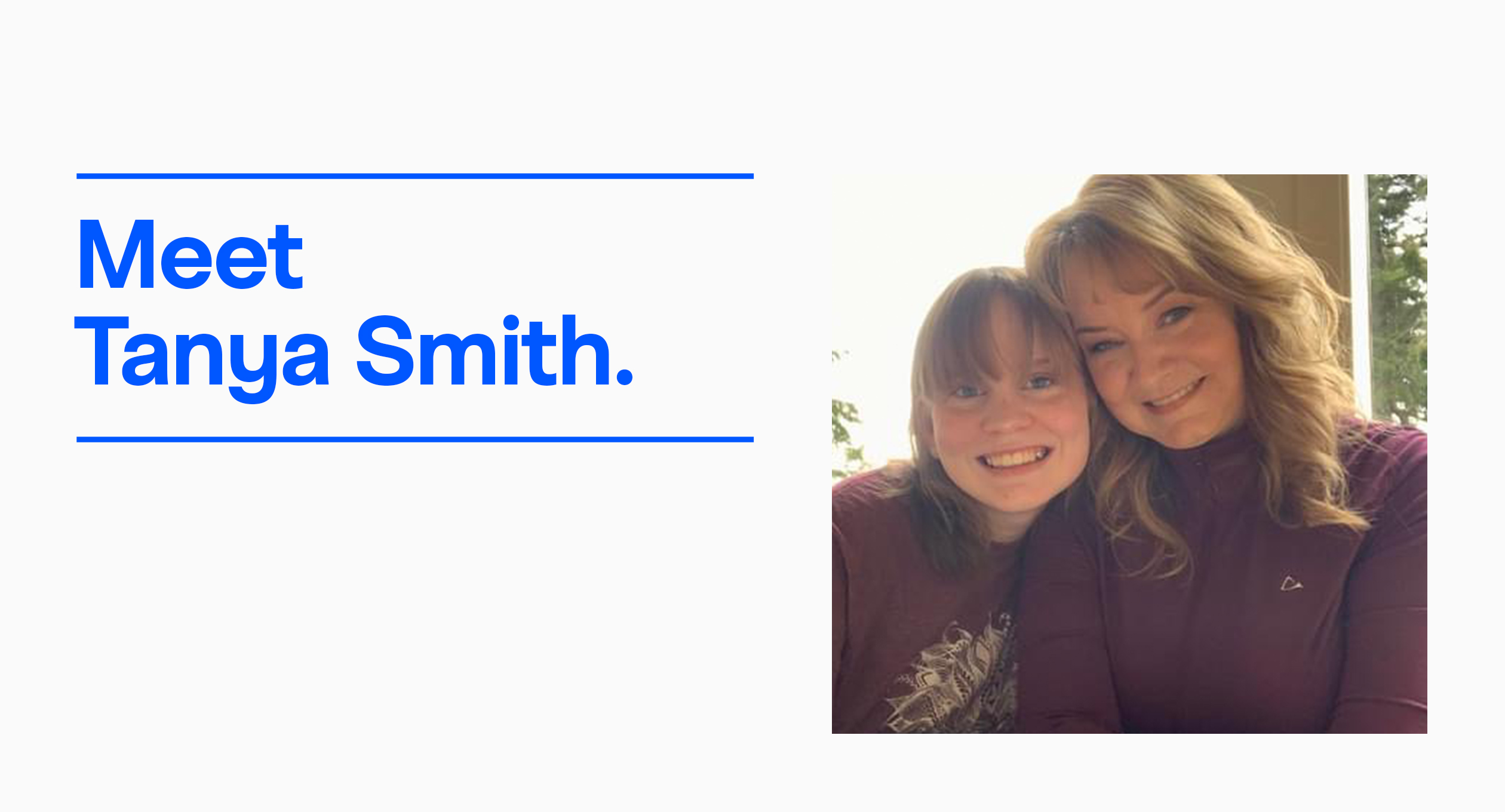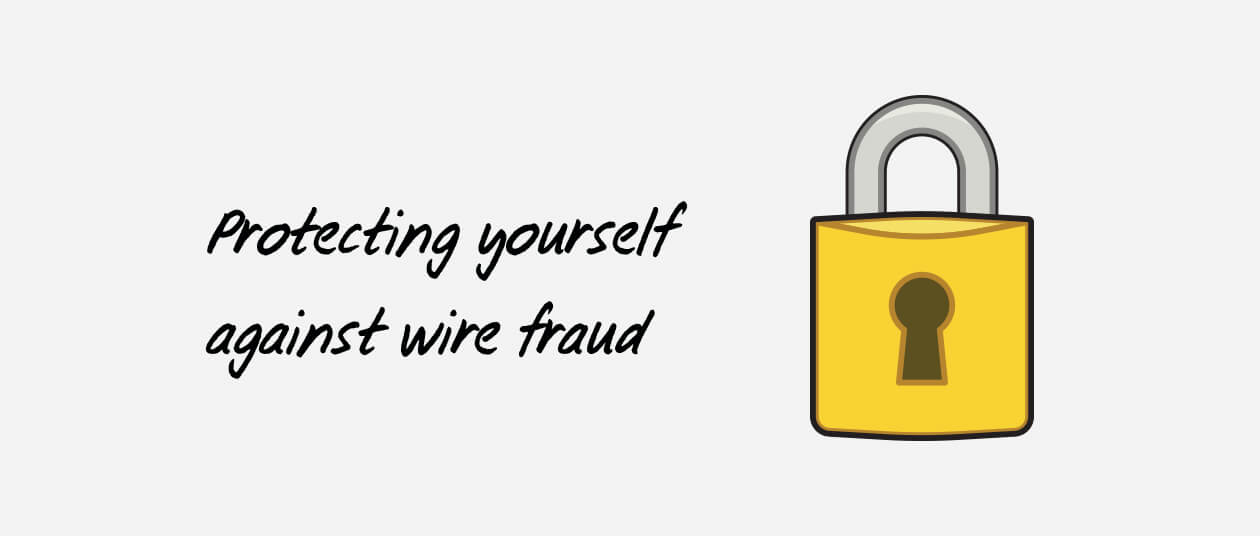October is National Disability Employment Awareness Month, an opportunity for Coast Capital to champion equal opportunities for people of all abilities. When viewed through the lens of inclusion, employment provides Canadians with an opportunity for economic security and a sense of fulfillment and purpose. Yet, the employment rate for adults with disabilities is three in five (59%) persons compared to four in five (80%) of those without disabilities.* This is often due to misconceptions around people with disabilities and workplace inequity. We want to help change this.
Each week in October, we’ll profile a member of the Coast team to highlight their strengths and create awareness of their experience working at Coast. This week meet Tanya Smith.
* From Statistics Canada Canadian Survey on Disability Reports from 2017.
Meet Tanya Smith (She/Her/Hers), Manager, Social Purpose Ecosystems
What do you love about your job?
I love working for a social purpose organization. A long time ago, I set a personal goal of working with intelligent and caring people to try to leave a legacy of positive impact in my work. I was initially drawn to work for Coast Capital because it was a credit union, and the co-operative values align with my own values.
While Coast has always been an organization that puts community first, the organization has worked to embed purpose across all areas of the business over the last few years. I genuinely believe organizations with a strong social purpose mandate are what the world needs now and I’m glad to contribute to this work.
Every day I get to work with external social purpose partners to collaborate on innovation in social finance and purpose solutions to support initiatives addressing income inequality. I also manage Coast’s volunteer program, connecting employees with the causes they care most about. It’s also incredibly important to me that equity diversity and inclusion underpins all this work.
While the problems our communities are facing are challenging, I’m lucky enough to work with partners every day who are making a real difference. More than anything, I consider myself lucky to be surrounded by others who also seek to support the radical change needed to create a more equitable and sustainable future.
What barriers have you faced as a person with a disability in the workforce?
Until my mid-twenties my epilepsy wasn’t well controlled. That meant I couldn’t drive, and in many ways, I held myself back from pursuing larger opportunities. I had spent many years trying different medications yet couldn’t be completely confident I wouldn’t have a break through seizure. Every time I did, I ended up in the hospital for days and felt pushed back to square one.
I was lucky to meet an amazing specialist who placed me on a new drug that finally gave me my life back. It took years to truly stop worrying. Each year I was seizure free enabled me to build my career, including getting my driver’s license and taking jobs more aligned to my skills.
While things were going well, I kept my epilepsy hidden from an employer. I believed if they found out, I wouldn’t be hired and once hired it would be career limiting. I haven’t had to request accommodations but the fear of being “found out” was very real.
This changed about 15 years ago when I met a young person who was living with epilepsy, and we shared our “secret.” It struck me that I was secure in my position and mature enough to have the privilege of speaking out and normalizing it. I organized a team to participate in a fundraiser for a local epilepsy society. I spoke about living with epilepsy and the most amazing thing happened: my coworkers showed up, didn’t see me any differently and have worn purple each year on epilepsy awareness day to show support.
This support emboldened me to always speak out when given the opportunity and freed me of the fear I carried all my life. I am not asking anyone to do anything different for me, in fact, quite the opposite. I have worked my entire life to not let epilepsy define me and that’s what I hope others will do as well.
What do you wish more people knew about epilepsy?
About one per cent of the population in Canada lives with epilepsy and each day thirty-eight people learn they have epilepsy. I remember the day I found out. I remember being devastated and how at first it made my life smaller. But the hardest part was the stress and worry I carried that someone would find out.
When I became brave enough to begin to build a career and a life, I worried if this secret came out, I would lose opportunities. I only found the ability to speak about this later in life. Now my message is that people living with epilepsy, or many other invisible disabilities, need to feel safe enough to live in the open.
Most people who know me forget I have epilepsy. Most of my closest friends and family haven’t ever seen me have a seizure, but that’s because I was lucky enough to find the right doctors and prioritized their advice.
Each year, I mark epilepsy awareness day with a sense of gratitude that this is my story. What I know for sure is that for some, they continue to live with the worry that someone will find out. My hope is that we can all create a society where we take that fear away. Let people know they won’t be judged or held back—that’s a gift we can give each other.
***************
Coast Capital takes a person-first approach to disability. We understand that disability is complex. It reflects an interaction between the person and the society in which they live. Physical and non-physical workplace barriers can limit an individual’s full and equal participation.
A disability can occur at any time in a person’s life. Some people are born with a disability while others develop a disability later in life. It can be permanent, temporary, or episodic. Disability can steadily worsen, remain the same, or improve. It can be very mild to very severe.
Coast Capital’s definition of disability builds upon how disability is defined in the Accessible Canada Act. It demonstrates that disabilities are socially constructed. Disabilities emerge from the relationship between the individual and society. At Coast Capital, this definition reminds us that it is our responsibility to remove barriers for persons with disabilities because barriers are created and reinforced by the ways we think and act as a society.



